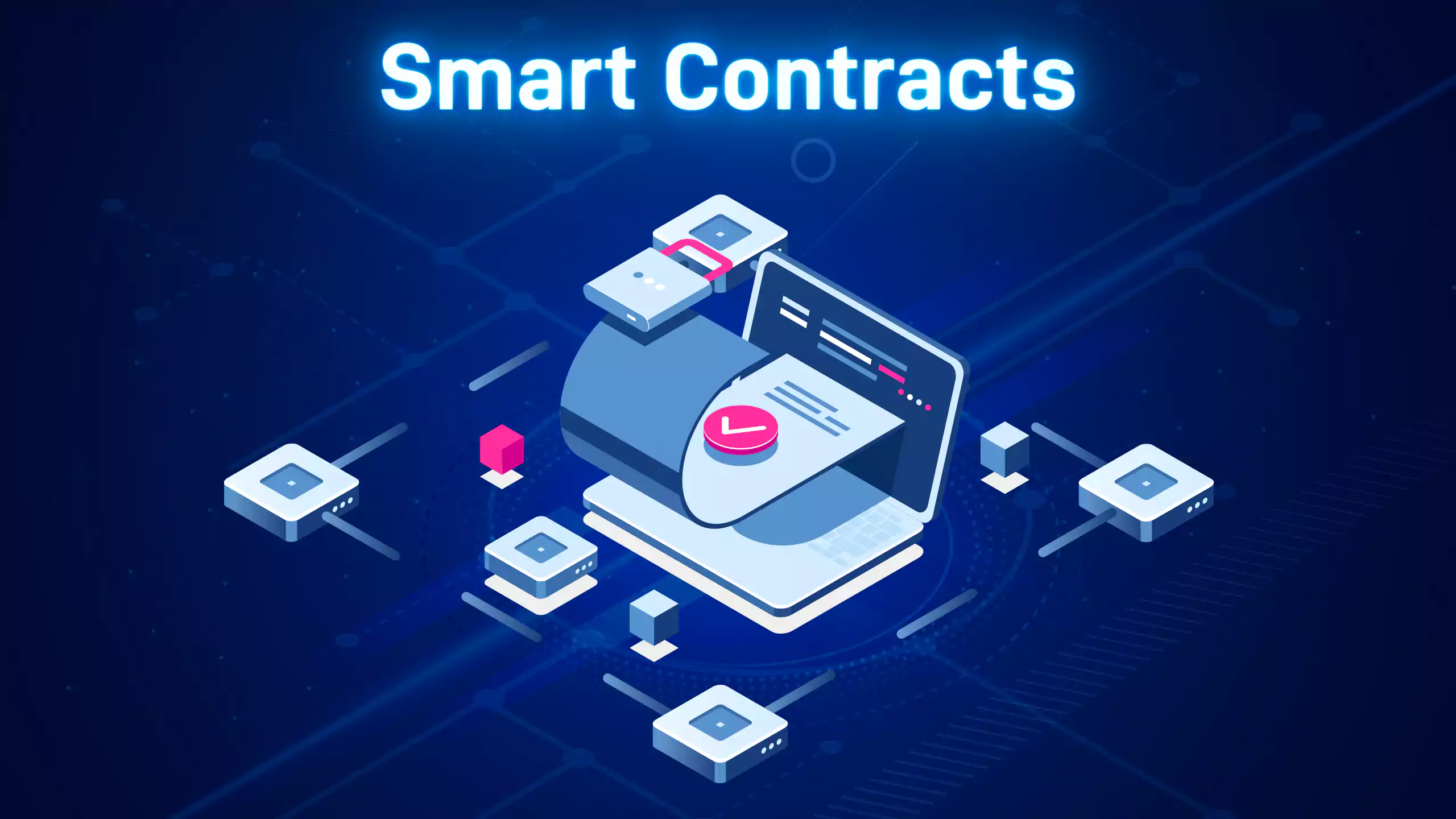Whether we recognize it, contracts are one of the most significant parts of our daily lives. When we buy something, we enter a contract that agrees that the thing I am getting should have the value of the money. The concept of a contract has been evolving since the beginning of time.
However, the advent of the blockchain has expanded our knowledge of the contract. Technology is pushing the bounds of what a contract is, and now, smart contracts are as much a part of our lexicography as the word contract itself.
The concept of a smart contract has become such a buzzword that many are confused about the idea. Also, the question of how it is different from the present from a typical contract is another grey area.
This article explains smart contracts and gives real-life examples of some black contracts applications.
What is a Smart Contract?
Smart Contracts are part of some blockchain technology that is trustless, autonomous, and transparent. We may refer to it as a self-executing agreement between two parties without the need for an intermediary. Its use cases are mostly in blockchain geared towards application technology like Ethereum and Solana.
The main point of a smart contract is that it is self-executing, which removes the need for an authority figure to execute the contract. They are written in blockchain codes and guarantee both parties that whatever they are getting into is genuine.
A smart contract is different from other forms of contract because it does not need any external authority to guarantee the contract. If two people enter a contract in real life, there is a need for an authority figure that will enforce the terms of the agreement. This is what smart contracts are doing away with.
The notion of a smart contract was suggested by Nick Szabo, a computer scientist, lawyer, and cryptographer. He proposed a set of computer protocols that will in and of itself make sure that parties carry out what he called a ‘set of promises.’ However, the publication of the Ethereum whitepaper and the subsequent launch of the blockchain fast-pedaled the development of the idea into a mainstream concept.
However, one needs to understand that these days, people use the concept of smart contracts beyond the parameters of the digital obligations or, as Szabo put it, promises to include general computation that takes place on a distributed ledger or a blockchain.
The above separates the concept of a smart contract as having no obligatory legal burden on the parties involved, unlike other pieces of contracts that are bound by law.
How do Smart Contracts Work?
Smart contract works the same way that other transactions work on the blockchain. The transaction starts from creating a wallet and then runs through the same processes that routine transactions on the blockchain pass through. They are added to the blockchain and then executed to confirm the initial state of the contract.
The primary notion of executing the smart contract is an “if/when..then \’ logic system. The logic system is coded into the blockchain. Once the preconditions of the logic are met, the contract executes. The terms of the agreement cannot be changed, and there is closed access to it so that no authorized parties cannot see the transaction.
Since smart contracts are transactional, both parties must agree on the terms because a smart contract cannot be erased for any reason once established on a blockchain.
The benefits that smart contract offers include the speed with which it executes. This comes alongside transparency and efficiency. Another advantage of the smart contract is that it does not need further authority to enforce it, as it can do that independently.
So what are real-life examples of the smart contract being put into use?
Real-life use of Smart Contract
Real Estate
The very nature of a smart contract means that one could reach all sorts of agreements with another party. This has allowed for tokenization, making it easy for people to own property infractions.
Some companies like SolidBlock are already applying smart contracts to real estate assets. These real assets are then seen as being owned by all the parties to the smart contract.
Georgia (The European Country) and the UAE are already applying the technology of blockchain and smart contracts to the land registry records. This could pave the way for individuals to own land in groups and bring other innovations.
Corporate Structures
Smart contracts are changing how we form communities and organizations. This is being done through its democratization power based on the decentralization of authority. In no other field is this very evident than in the corporate structures. It has led to a new form of corporate structure referred to as Decentralized Autonomous Organizations (DAO).
DAOs are organizations that run mainly on a smart contract on a blockchain passed the Turing Complete Platform test. Ethereum and some other smart contract enabled blockchains passed this. These DAOs use smart contracts to define all forms of their operations.
Following Delaware Bill 69 by the Delaware Senate, which allows the administration of an organization based on the smart contract, many DAOs have been formed.
Finance
Smart contracts are defining new forms of financial services. This extends to many forms, including Decentralized Finance which uses smart contracts to keep track of the movement of the assets across the blockchain. All the use of smart contracts in the administration of loans and tracking them, paying dividends to group members, or even financing a project.
Many of the DAOs, as discussed above, use smart contracts to define how they use their assets and liabilities. Some other DAOs use smart contracts to determine how to invest their money.
Another essential part of smart contracts in finance is in the use by insurance firms such as Lloyd’s of London. They want to use the smart contract to track claims and determine their eligibility for them. This is efficient and will reduce the overall costs to the user, which will make the insurance costs low for the users.
Legal Profession
Smart contracts present the legal profession with its most significant innovation of late. The gradual adoption of a smart contract as legally binding in some states in the United States seems to point to a higher degree of acceptance. The use of smart contracts in making many legal agreements can reduce costs and lead to better efficiency in all aspects of contracting.
Some states in the US are beginning to embrace the importance of smart contracts in the legal profession. Arizona and California allow citizens to use mart contracts in some form of a legally binding agreement.
Conclusion
The growth of blockchain technology has led to the development of smart contracts to define relationships between two parties.
Smart contracts are changing the way transactions are carried out, and it is entering into many facets of our lives/. As pointed out with the few examples of the industries that it is touching, one could see that it is becoming a big part of our daily lives.






